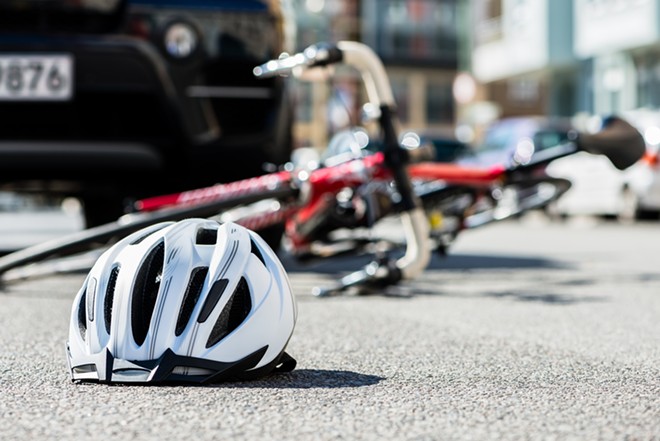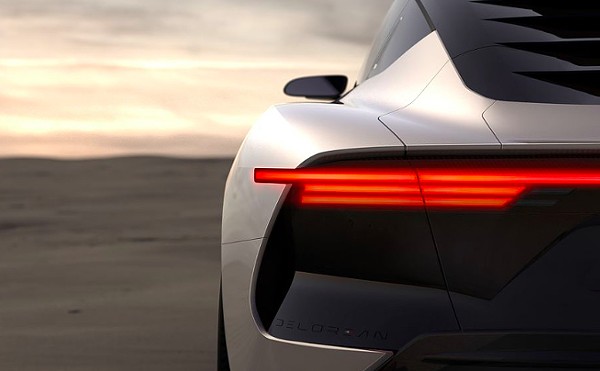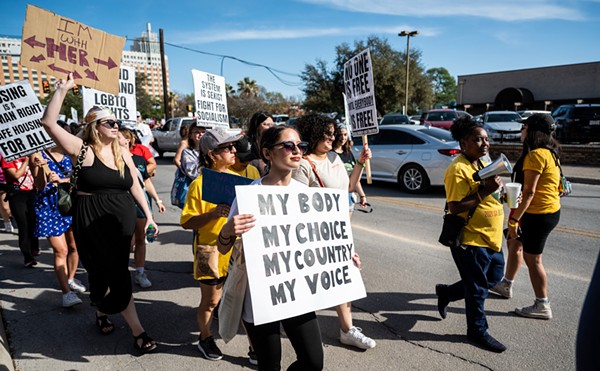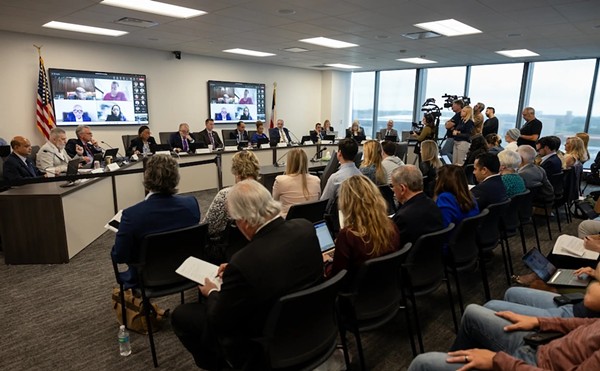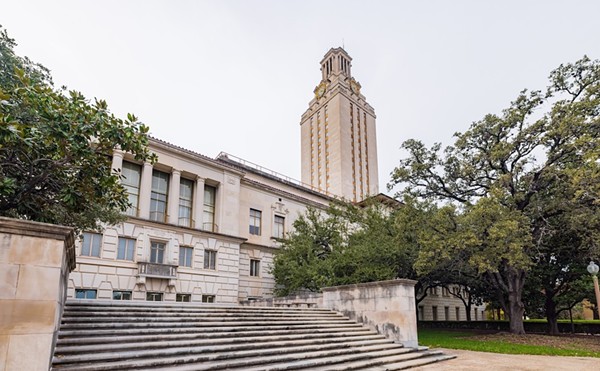Editor's Note: Bad Takes is a column of opinion and analysis.
Early last month, after enjoying a show at Paper Tiger, I returned to the spot where I parked, only to find no car.
I misread the details of a parking sign, and had been duly towed. After ride-sharing home, attempting to pick up the vehicle at midnight, only to discover the motionless line at the impound lot would have taken hours, then finally retrieving the car in the morning, my bill came to $245.
What a racket. But, hey, at least it wasn't stolen — merely held hostage.
Which begs a question: why do we allow private companies to conduct non-consensual towing in the first place? Seems like parking illegally should be a city matter, and we the public should get to deliberate and decide on what remedies are appropriate and at what cost.
However, the more I thought about it, the more I sympathized with people who have it worse.
Some 4.6 million Americans drive an hour and a half to work and an hour and a half back, according to Census data. That's three hours trapped in a car every workday, uncompensated. From 2010 to 2019, the number of these so-called "super commuters" increased 68% in the Houston area alone.
For our part, San Antonio ranked as "the least walkable major U.S. city," according to one analysis. Of the 100 most congested roadways in Texas, a dozen are located in the SA-New Braunfels metro.
Yet some, like the British neoliberals over at The Economist magazine, romanticize what they openly refer to as the United States' "car-defined existence." Convenience, speed, suburbanization: the automobile's ubiquity "has put larger homes and quieter streets within reach for a remarkably wide cross-section of the country," the publication opined.
What's left out of the romance are the more than 40,000 people who die in U.S. car crashes annually. In one 12-hour period last year in San Antonio, five traffic accidents left two dead and three pedestrians injured, the Express-News reported. Had the casualties occurred in a slow and steady drip, as per usual, perhaps they wouldn't even have been deemed newsworthy.
And how about those who can't afford the average of two cars per household because they can't afford that house they purportedly need a car to get to?
At least 653,104 people in the United States were homeless on a single night in January 2023 — the highest number since the national point-in-time count began in 2007. The San Antonio Report reported that at least 315 people experiencing homelessness died last year in Bexar County, and the Current's Stephanie Koithan recently called out the city's planned displacement of 700 homeless encampments without the shelter space or supportive housing to match.
That displacement appears to be moving ahead despite Mayor Ron Nirenberg's May 2022 promise not to raze encampments just because they're unsightly.
"The city of San Antonio is not going to go in and abate homeless encampments just because we don't like the sight of them," he proclaimed. "That's not what we do."
Meanwhile, District 8 Councilman Manny Pelaez, a likely 2025 mayoral candidate, has at least dropped the pretense.
"You have no choice but to abate," he told City Council last August, reductively describing the cities of Seattle, Portland and Eugene, Oregon, as "three large homeless encampments." All three are "pretty much war zones at this point" and rife with the "constant smell of feces and urine," he added.
With hyperbolic bad takes like these, who needs Donald "American Carnage" Trump?
What's funny, as comedian Adam Conover recently pointed out, is that when "the federal government decided it wasn't safe for people to sleep on the streets during COVID-19 because it could be a vector for the virus," they injected "cities and states with massive funding to rent hotel rooms and provide housing."
The result? Some 200,000 fewer people went without roofs over their heads, according to the U.S. Department of Housing and Urban Development.
"Imagine if that program had been allowed to continue, what a dent we could have made in the problem!" Conover concluded. "This proves that the fact that we allow homelessness is our choice. Do not let anyone ever tell you otherwise."
The ills of our car-dependent society, as shown in the 2015 documentary Bikes vs Cars — now streaming for free on Kanopy — sadly appear evergreen. After a bus driver in São Paulo, Brazil, accidentally strikes and kills a bicycle rider, a professor of urban planning blames puts the blame on neither.
"It's not the fault of the cyclist, it's not the fault of the bus driver," the expert explains. "It's a faulty system that doesn't take people into account."
In response, folks will propose every solution imaginable, except one that requires systemic change and a modicum of self-sacrifice. Gun enthusiasts don't say they enjoy the adrenaline rush of firing loud boom-boom machines; rather than agreeing to ban assault rifles, they speak in hallowed tones about "the defense against tyranny" and absurdly suggest hiring armed officers for every classroom.
Likewise, the car is emblematic of our profound conflation of liberty and freedom. Liberty is an individual's ability to do whatever they want, whenever they want — to get into their carbon-emitter and take off, passing on the so-called negative externalities to others.
Genuine freedom, though, means taking care that we can all flourish together and aren't subject to being arbitrarily shat upon by forces in which we have no say.
As frustrating as it is to deal with a towed vehicle, it pales in comparison to "learning to live with" millions of wrecks a year, debilitating respiratory diseases, record-breaking temperatures, billionaire dictators, weekly mass shootings, airborne toxic events and complicity in crimes against humanity.
Couldn't we instead learn not to live with at least some of these?
In any case, next time I'll be taking the bus.
Subscribe to SA Current newsletters.
Follow us: Apple News | Google News | NewsBreak | Reddit | Instagram | Facebook | Twitter| Or sign up for our RSS Feed

